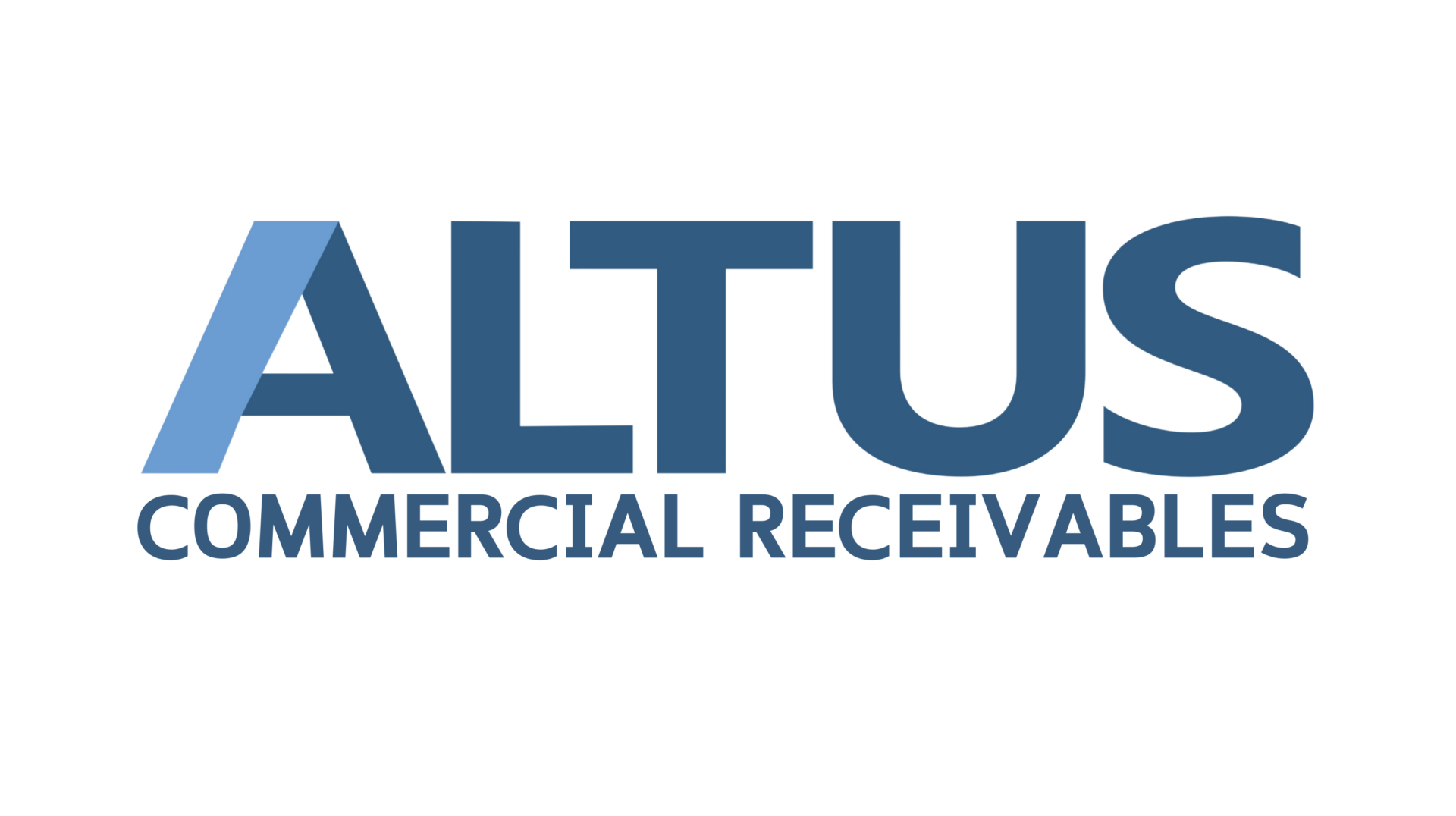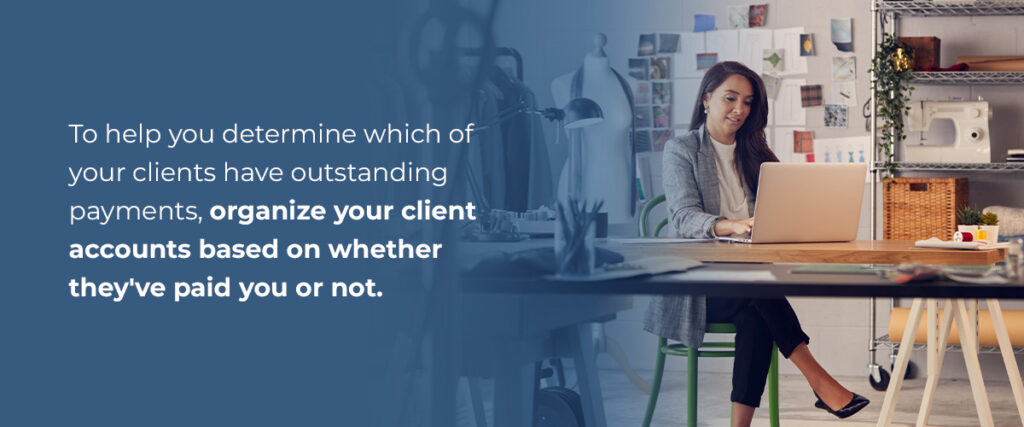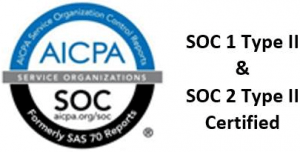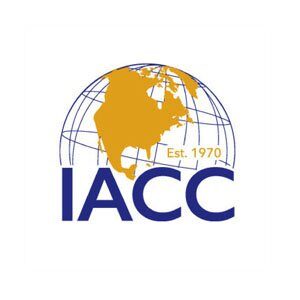
Debt collection can be challenging for small and medium-sized businesses (SMBs), though it’s essential to making a profit.
If you’re looking for suggestions on how to collect unpaid invoices, you may benefit from some of these collection tips for SMBs.
7 Tips for Small-Sized Business Collections
Consider these small-size business collection tips for help closing delinquent accounts and collecting invoices.
1. Review Your Invoice Policy and Technology
If your business is struggling with debt collection, one of the first things you should do is review your invoice and credit policy as well as the technology you use to generate and process invoices.
Your policy should outline your terms and conditions, information regarding credit extensions and what will happen when a client’s account is neglected. This information should be clearly explained in a document and reviewed with clients before making a credit sale.
Your employees should also be up to date on policies so they can help explain and enforce them.
When reviewing your policy, also take time to review the technology your business uses for invoicing. Programs like Excel or Word are great for consistency, though the manual work is time-consuming and leaves room for errors.
Consider using technology specifically designed for invoicing. Look for features that can automate processes and track invoice interactions.
2. Ensure Your Invoice Is Clear
One of the best debt collection tips for SMBs is sending clear invoices.
It’s common for clients to overlook invoices because they were unclear in terms of how to make payments or when the payments were due. The best solution for these situations is to make your invoices clear and simplify the process for your clients as much as possible.
Be sure to include the following information in your invoices to ensure clarity:
- The invoice number or other identifier
- List of products or services the client is being charged for, including individual prices
- A clearly stated total amount
- A specific payment due date
- Addresses and contact information
- Payment terms and acceptable payment methods
To make the payment process even easier for your clients, include instructions on where and how to make payments.
For example, if you use an online portal for debt collections, include the URL and log-in instructions. If your client prefers to mail you a check, indicate who the check should be made out to and where it should be sent.
3. Determine Risk Levels and How to Treat Them
The longer a payment goes unpaid, the less likely it is to get paid at all. Assigning risk levels to delinquent accounts can help you and your team implement a treatment plan for each risk level.
You may consider any payments up to 30 days late low risk, any payments past 90 days late high risk and everything else in the middle.
Sending reminders, especially after accounts go into delinquency, is one of the most common ways gently nudge your clients to make their late payments.
You may use a variety of reminder methods like emails, letters, phone calls or a combination of methods, depending on the risk level the account is in. View phone call collection tips here.
You can send a reminder letter a week before the payment due date, then send letters and emails to low-risk accounts and phone calls to remind high-risk accounts of late payments.
You’ll likely need to send consistent reminders to avoid being forgotten. Consider sending certain reminders weekly and monthly. Creating templates and scripts can be helpful for standardizing this communication, as well.
4. Maintain Accurate Payment Histories and Documentation
Keeping up-to-date account files, payment history and documentation can help you more effectively track all of your clients’ accounts.
Maintaining accurate and organized files helps you catch late payments in time to take the appropriate action. If you don’t have documentation on your end stating when you sent out an invoice and what you set the due date as, sending reminders and collecting those late payments becomes more difficult.
To help you determine which of your clients have outstanding payments, organize your client accounts based on whether they’ve paid you or not. You can also further organize your delinquent accounts based on their risk level and how late the payment is.
5. Watch for Patterns From Consistently Late Clients
Small business debt collection can feel like a chore, especially when you find yourself constantly reminding the same clients to pay their late delinquencies.
To make it easier for yourself, look for payment patterns from consistently late clients and find ways to work around them. If a certain client is hard to reach over the phone but actively responds to emails, it may be beneficial to contact them primarily through email.
You may also receive late payments from clients when they pay via a specific payment method. If there is a method that would be more convenient for them, encourage them to switch to a different payment method to make debt collection easier for both of you.
6. Be Compassionate, Yet Know When to Draw the Line
As a small business, you’re privileged with the ability to get to know your clients and build relationships with them.
This also gives you the ability to be compassionate toward their unique business needs. Rather than being set in a certain way of collecting debts, try creating individualized solutions for some of your customers.
Whether it be working out a payment plan or extending due dates, giving your clients more options helps them work around obstacles that may be preventing them from paying their bills.
In the same breath, however, it’s important to know when to draw the line. If customers continue to ask for extended credit or begin to take advantage of your leniency, know when it’s best to revert to strict standards.
In some cases, if you’re still struggling to collect debts, it may be best to cut your losses.
7. Outsource to a Collection Agency
There may be instances when you could benefit from the help of a professional collection agency.
Collection agencies and debt collectors work to collect unpaid accounts on your behalf.
They typically have resources or abilities that allow them to access a client’s assets. Read the benefits of outsourcing your debt collection.
Agencies can then determine the client’s ability to pay their debts to you or track down their new contact information if a client is avoiding you.
Most small businesses that work with a collection agency choose to do so for accounts that have aging receivables. A common benchmark at which businesses turn to collectors is 90 days past due.
Here are tips on how to choose a debt collection agency.
Handle Past Due Accounts for SMBs With Altus
Trying to get your clients to pay you can be time-consuming and frustrating after several months. If you’ve drained your efforts, consider working with a reliable debt collector like Altus. We understand the challenges small businesses face, and we’ve been in business for over three decades, giving us the experience and expertise to help you get paid.
For more information about our services, technology and capabilities, contact our team today.






